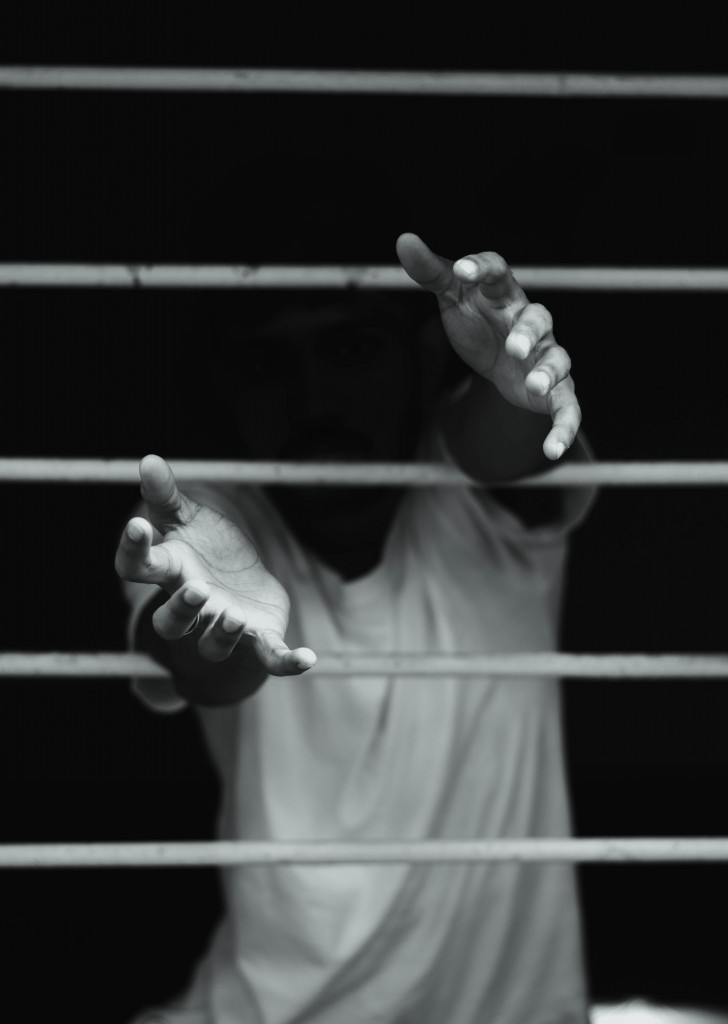After legendary black cultural icon Tupac Shakur passed away in the fall of ’96, his hip-hop archnemesis, rapper Biggie Smalls, was quoted saying, “I would never wish death on no one”. I’m sure that despite their coast-to-coast rap beef, death to the other, the ultimate “bad thing” that could happen to someone, was in neither of their plans. Most morally attuned adults don’t wish bad things to happen to anybody other than extremely bad people. And a portion of adults still don’t even wish that. But wishing bad upon a youth – someone who is not yet mature, not yet responsible, still innocent – is something reserved for solely the misguided. The scary thing is that I know (some) teachers inadvertently cling to this type of sentiment often enough that it actually makes me uncomfortable.
Wishing bad on students is purely reactionary. When a frustrated teacher blurts out, “maybe something bad needs to happen to him so that he’ll learn” they kind of mean it. When a teacher is wishing bad on a student they are not purely wishing bad but merely, and inarticulately, projecting their understanding of discipline, punishment, retribution, consequences and responsibility. Of course, the “something bad may need to occur in order for him to really learn” speaks to the decisions whoever he is is making and that teacher’s inability to circumvent, veer correctly and manage. Deeply, what that teacher is actually saying is that his actions and behaviours are beyond her scope of child rearing (which is a part of what teaching entails, especially in elementary school) and in order for him to “fix up” he needs to be exposed to even more negativity than she is capable of providing within her classroom. What “bad things” do we want to happen to the children we teach in order for them to finally sit up straight and listen to us when we are teaching in a class? What bad thing needs to happen to him so that he will finally “get it”?
“He just doesn’t get it, yet. Unfortunately, he’ll learn one day” is another phrase I’ve heard too often inside of staffrooms and in front of classroom doors while the utterer of that phrase looks on as that kid inside his classroom is dancing to the national anthem or throwing erasers at other kids instead of doing the math work in front of him. But, what doesn’t he get? That the anthem is part of school routine and he knows he should stand still but he also likes to be the centre of attention? Or that the math he has in front of him is too difficult so instead of being ridiculed by his peers he finds other ways to gain validity and acceptance and his position within his classroom? What he needs to learn and what you think he needs to learn are two different things.
On the surface level, what wishing bad on a kid really means is that you wished your job could be easier. You wished that he just learned like everyone else and you can’t be bothered with learning how and what and why he doesn’t learn like everyone else. Hoping that “something bad will happen” to a kid in order for him to learn is a shallow stab at a distorted utopianism. And the leaves of these wishes scatter somewhere in between hoping a kid gets yelled at by a principal, to being suspended, to getting kicked out of school, to getting in “real” trouble and being intertwined with law enforcement and jail time. I know the teachers who wish bad on kids, however frivolously they say it are like Biggie Smalls in meaning and don’t ever wish death upon a child. But simply hoping something bad happens to a child in order for them to learn or actively seeking it out is way too abnormal and shouldn’t be a train of thinking for any teacher. Because, those bad wishes are akin to psychological violence.
[share title=”Share this Post” facebook=”true” twitter=”true” google_plus=”true”]

